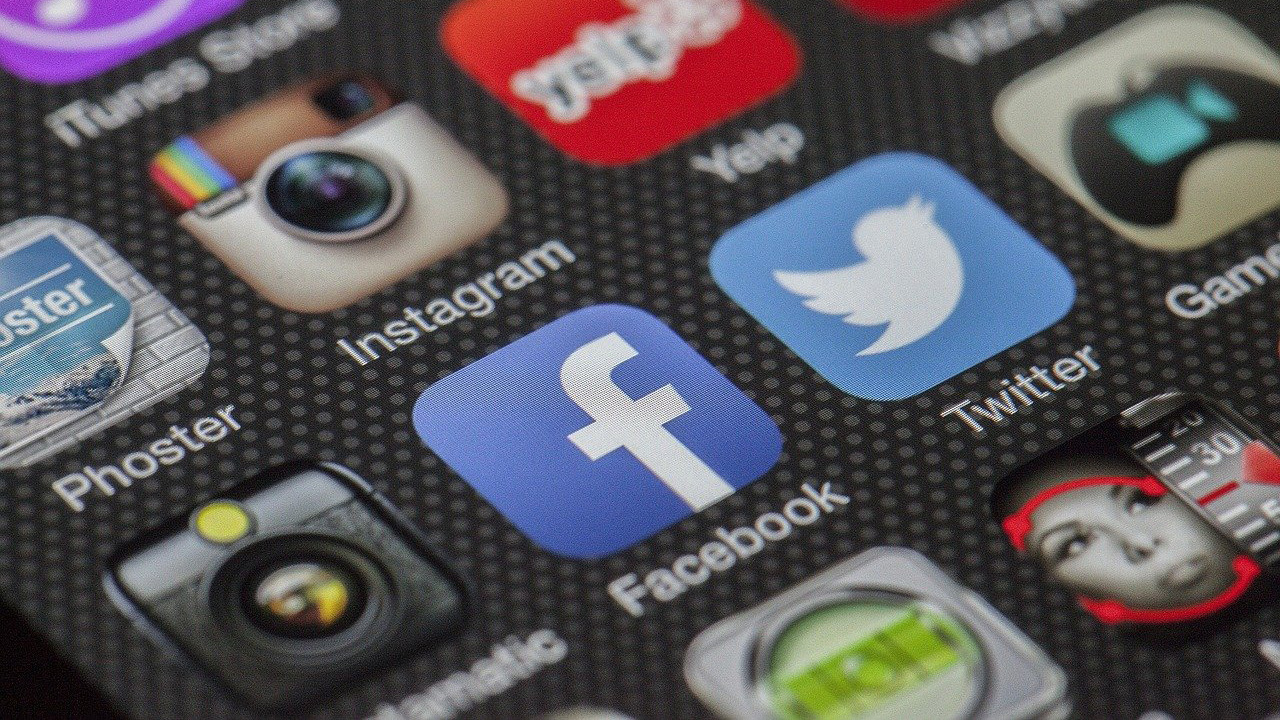Many people turned to social media for distraction, entertainment and connection as the COVID-19 pandemic robbed people of so much during lockdowns.
However, a StatsCan report showed 12 to 14 per cent of people aged 15 to 64 had a negative emotional experience from social media, including feeling depressed, angry or envious of the lives of others on social media. And 75 per cent of people under 30 have been losing sleep because of their use of social media.
Andrea Fennell, a registered psychotherapist, said the image of ideal lives presented on social media can inevitably lead to comparisons that produce negative feelings.
“I’m not on vacation. I don’t have these fabulous friends. I don’t have this life, and so what it does is it reinforces that negative self-image or lack of self-worth for an individual, so ‘compare despair’ is rampant,” Fennell said.
While young people are usually seen as most comfortable and engaged with social media, older generations have enthusiastically moved online and can be subject to the same dangers. Sixteen per cent of social media users aged 35 to 49 reported losing sleep from social media, while seven per cent of users aged 50 to 64 reported the same issue.
Krystal Meek, also a registered psychotherapist, said older social-media users are subject to the same dangers of comparison and dissatisfaction with their lot.
“What ends up happening now is people, especially older generations, are comparing somebody’s highlight reel of their life to their own reality of their life, and that can be actually quite devastating for older generations, too,” Meek said.
It’s too easy to forget, these experts say, that the posts of other social media users have been curated, edited and presented to show an idealized life.
“We often tend to project the person we want to be or the person that society tells us is the most desirable,” said Gordon Gates, a mental health counsellor. “It’s really important to balance social media with face-to-face contact so that we get a reality check.”

